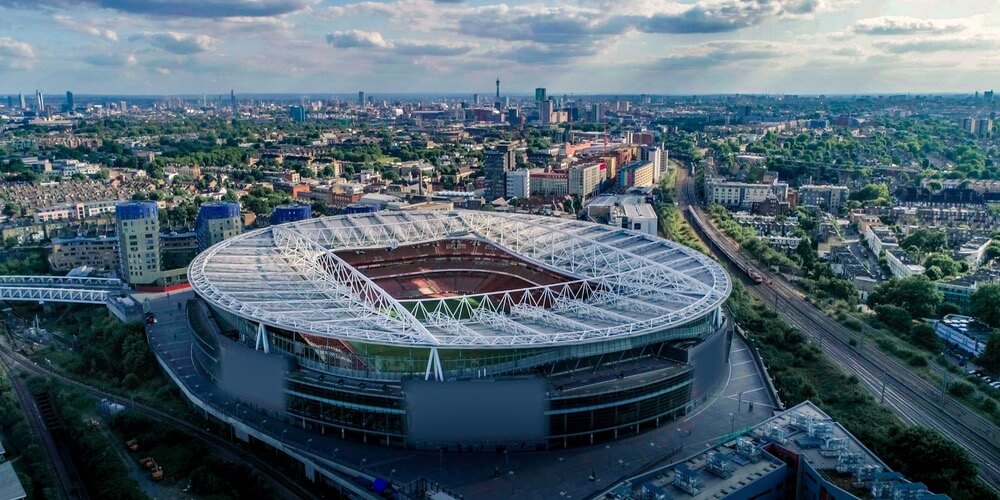UK attracts Middle Eastern travellers with football and heritage
The United Kingdom ranked second place in the Top 10 non-OIC destinations in the Global Muslim Travel Index 2021 rankings.
Statistics from the British Tourist Authority show that visits to the UK from the Middle East region rose by nearly 10% to 1.27 million in 2019, while total expenditure also rose by 10% to £2.71 billion ($3.6 billion).
Travellers from Malaysia, Indonesia and Pakistan made 360,110 visits to the UK in 2019, spending about £453 million ($615 million) over the period, which is 13% higher than 2018.
The UK’s fifth rank in the 2021 Anholt-Ipsos Nation Brands Index highlights the destination’s main attractions. The country scored highest for sport, historic buildings and monuments, contemporary culture and vibrant city life.
The index measures the national reputation of 60 countries worldwide, based on scores in six categories: tourism, culture, people, immigration-investment, exports and governance.
In 2019, the £1.4 billion ($1.9 billion) spent by visitors who attended a football match during their trip represents 5% of all inbound tourism spending that year. Qatar is the top inbound market for football spending, accounting for £118 million ($160 million). With a spend of £55 million ($75 million), the UAE takes sixth place.
However, with the 2022 FIFA World Cup scheduled in Qatar from 21 November to 18 December, the UK may miss out on some of the football-related spendings from the Middle East this year.
In general, the Global Muslim Travel Index 2021 expects the Muslim travel market to recover up to 80% of 2019 levels (160 million arrivals) by 2023, predicting that tourism will be more personalised with smaller numbers and re-designed visitor experiences.
AbdulMaalik Tailor, a licensed tour guide, has already been applying this concept for 10 years. He founded Halal Tourism Britain in 2012, which specialises in halal food experiences and Muslim history tours.
“The Muslim community actually values history a lot,” Tailor told Salaam Gateway. “Even in the UK, there has been a movement for more people wishing to learn about Muslim heritage in Britain.” Tailor said that since the COVID-19 pandemic, the share of his local clients increased from 50% to 80%.
The oldest physical evidence of Islam and the earliest example of Arabic writing in Britain is a gold coin minted in the 8th century by Anglo Saxon King Offa of Mercia with the Islamic declaration of faith (Shahadah) inscribed on it.
Besides all the tourist attractions the UK has to offer, Tailor sees a greater Muslim friendliness as a competitive advantage compared to other European destinations, stressing the ease of performing prayers as an example.
“There are 2,131 Muslim prayer places in the UK. We even have praying rooms in football stadiums now,” he said.
© SalaamGateway.com 2021 All Rights Reserved
